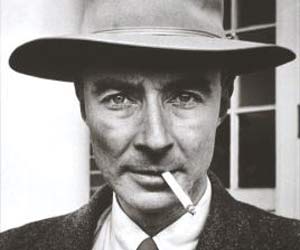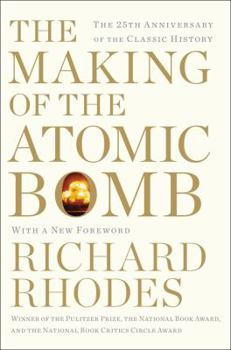The Making of the Atomic Bomb
Select Format
Select Condition 
Book Overview
**Winner of the Pulitzer Prize, the National Book Award, and the National Book Critics Circle Award** The definitive history of nuclear weapons--from the turn-of-the-century discovery of nuclear energy to J. Robert Oppenheimer and the Manhattan Project--this epic work details the science, the people, and the sociopolitical realities that led to the development of the atomic bomb. This sweeping account begins in the...
Related Subjects
20th Century Americas Atomic & Nuclear Physics Engineering History History & Philosophy Humanities Military Military Science Military Sciences Modern (16th-21st Centuries) Nuclear Nuclear Physics Science Science & Math Science & Scientists Science & Technology Social Sciences Technology Textbooks Weapons & Warfare WorldCustomer Reviews
The making of the Atomic Bomb is one of the best histories of the era that I have read.
A brilliant epic retelling of the birth of the atomic bomb
absolutely first rate scientific and political history
This Changes Everything
required reading - AND utterly captivating
The Making of the Atomic Bomb Mentions in Our Blog

Featuring a glittering, star-studded cast, Christopher Nolan's brilliant new film charts the turbulent life of J. Robert Oppenheimer, the theoretical physicist who played a significant role in developing the first atomic bombs. If you enjoyed the movie, here's your chance to learn more about this fascinating chapter from history.

On July 5, 1946, the bikini debuted and forever altered swimwear so dramatically that the ripples are still being felt 72 years later!






